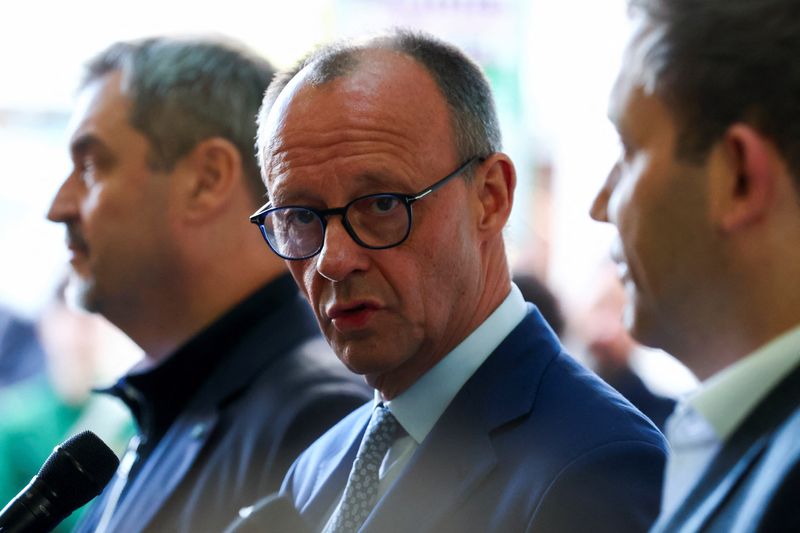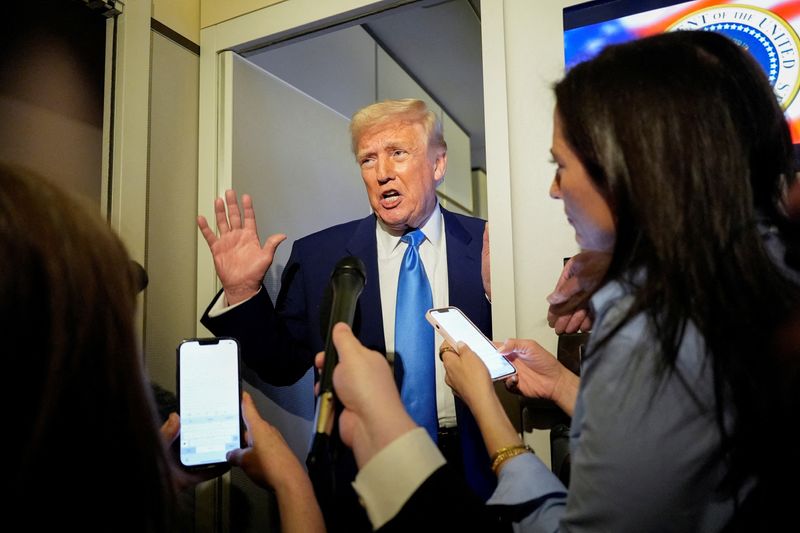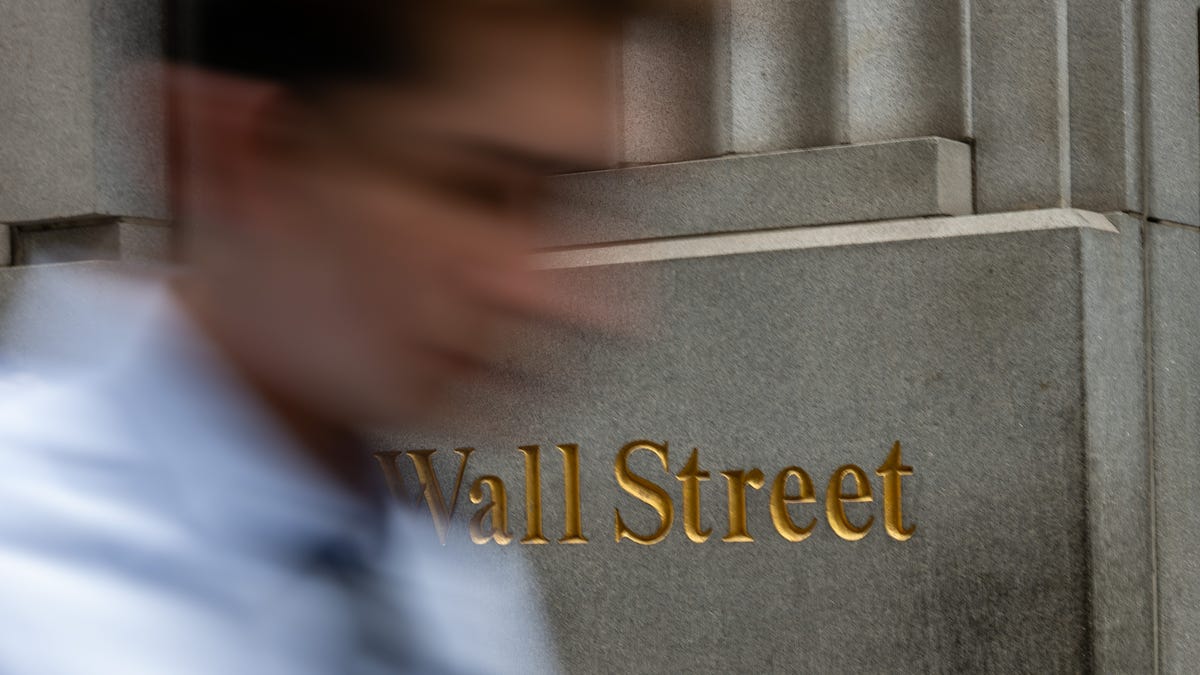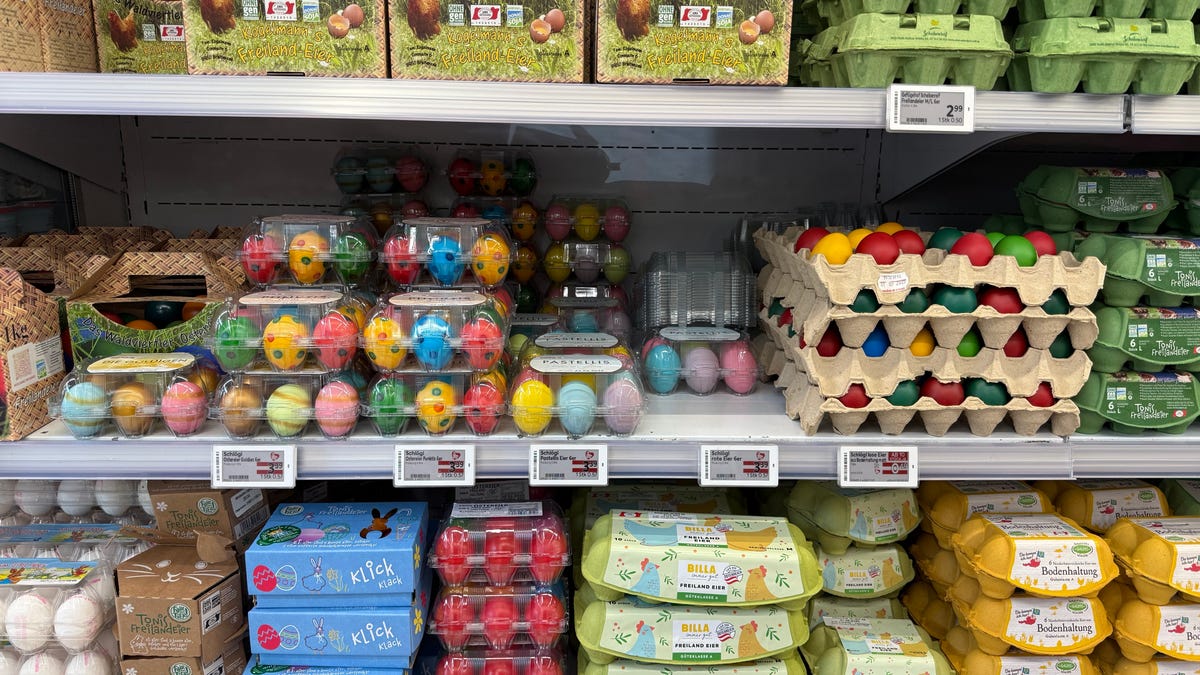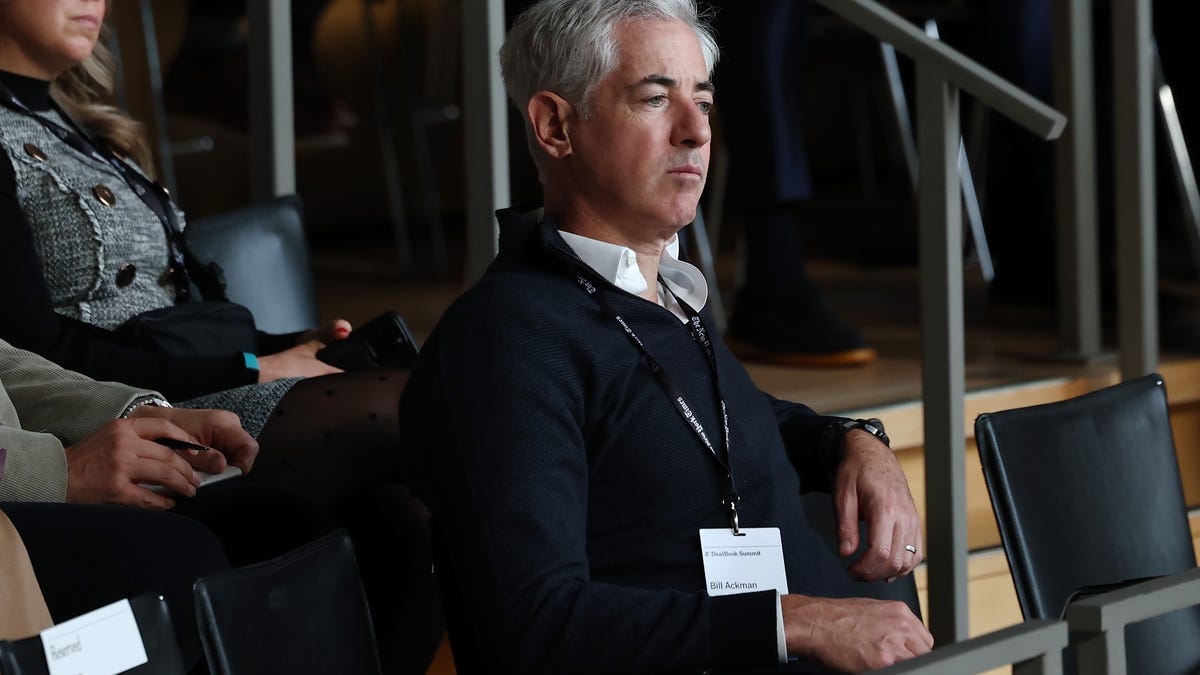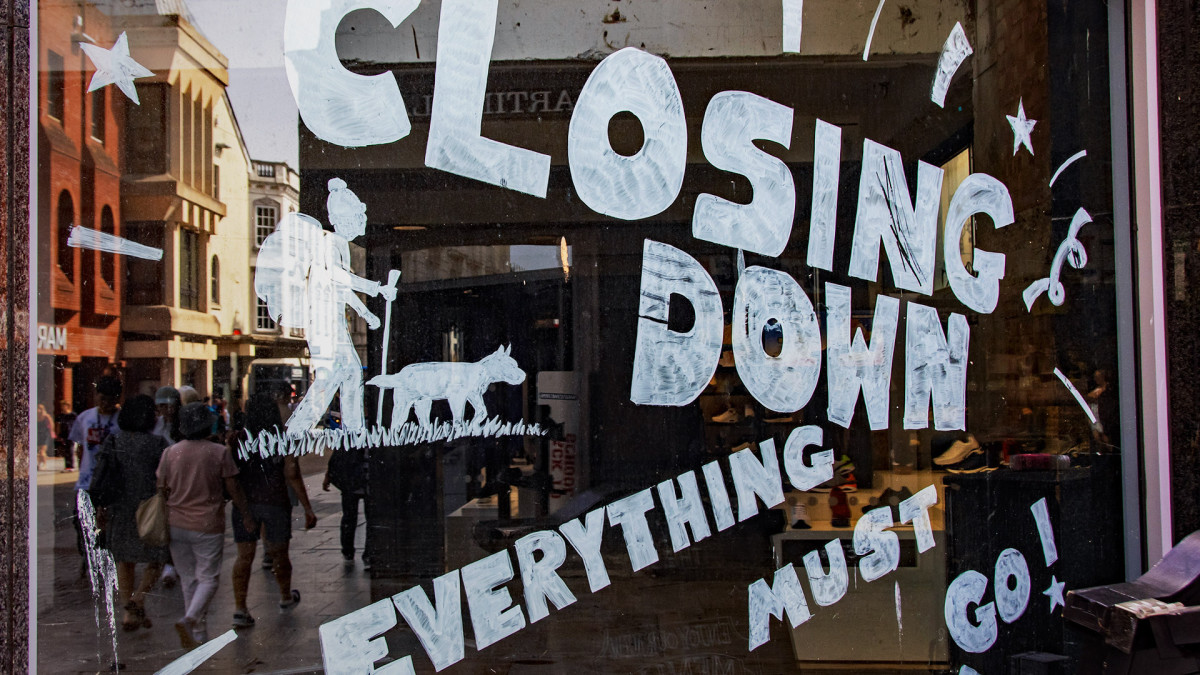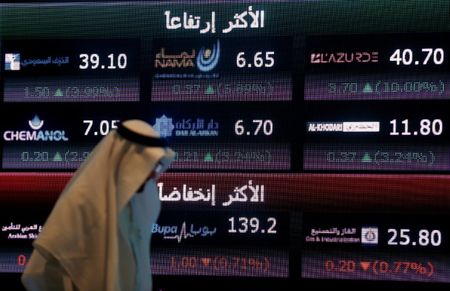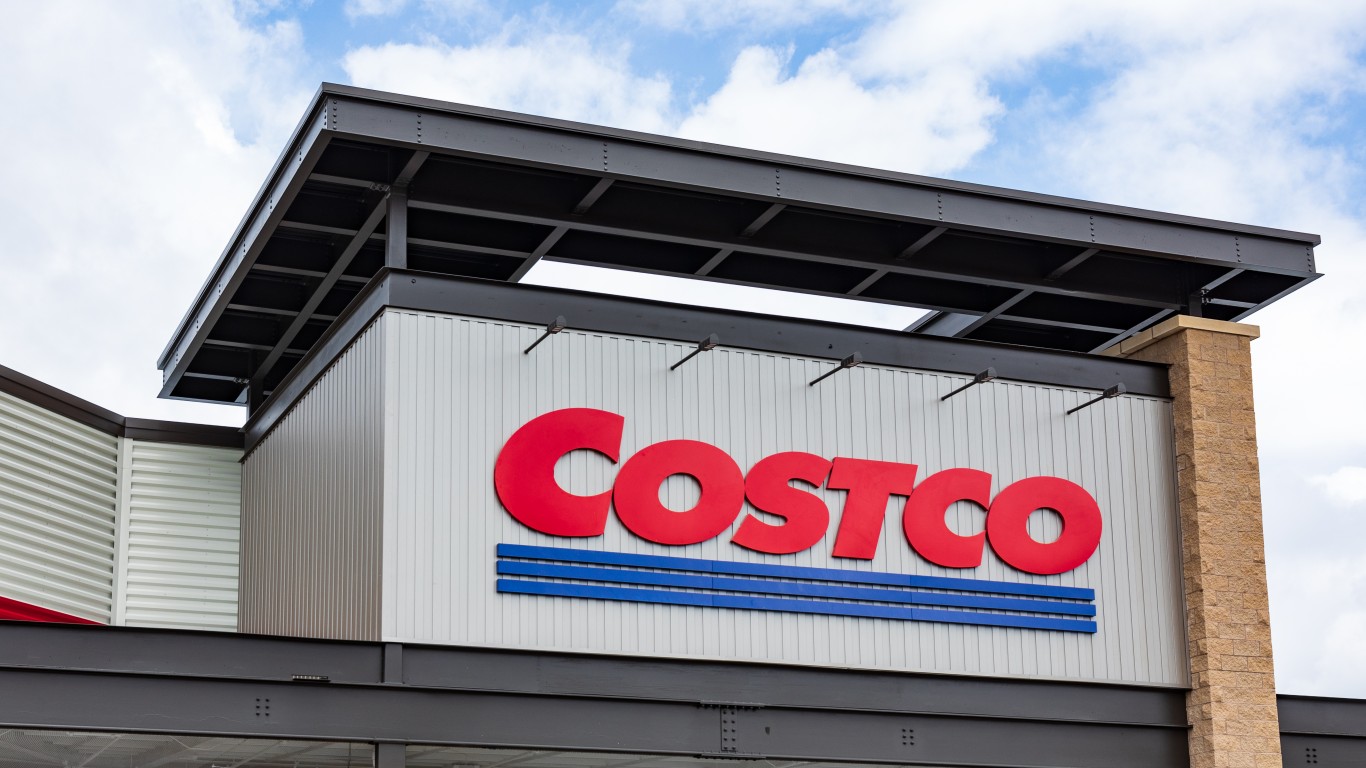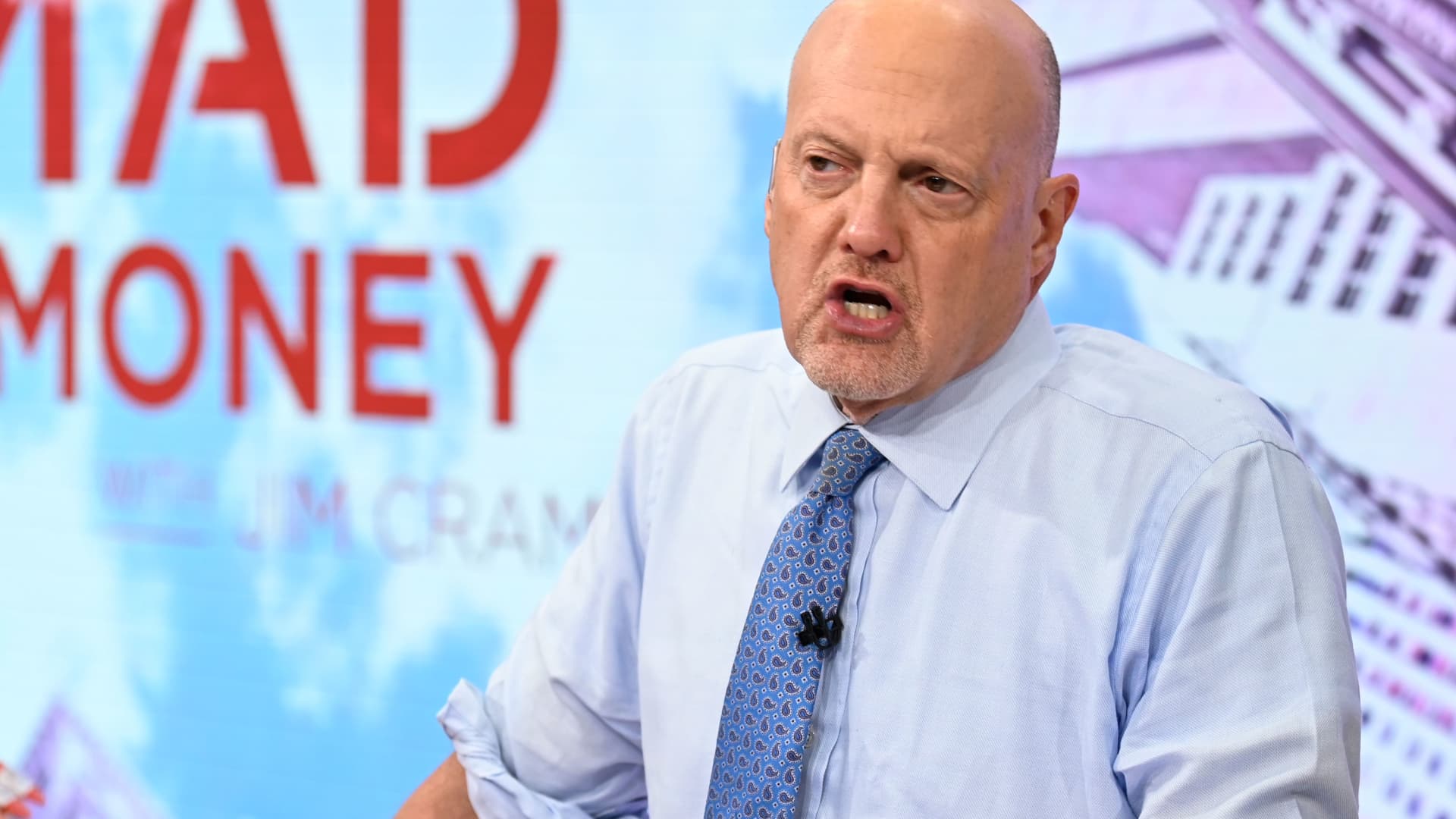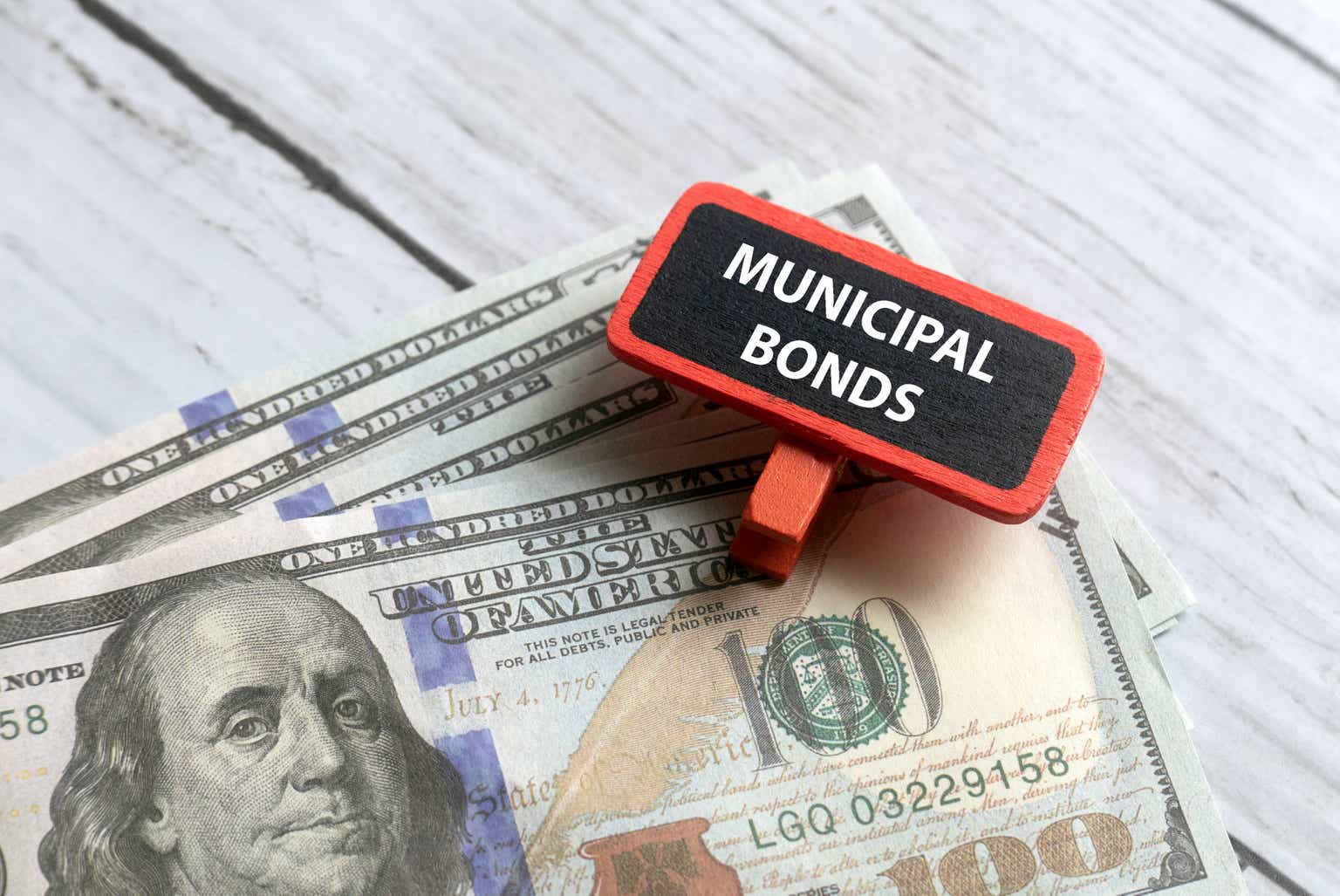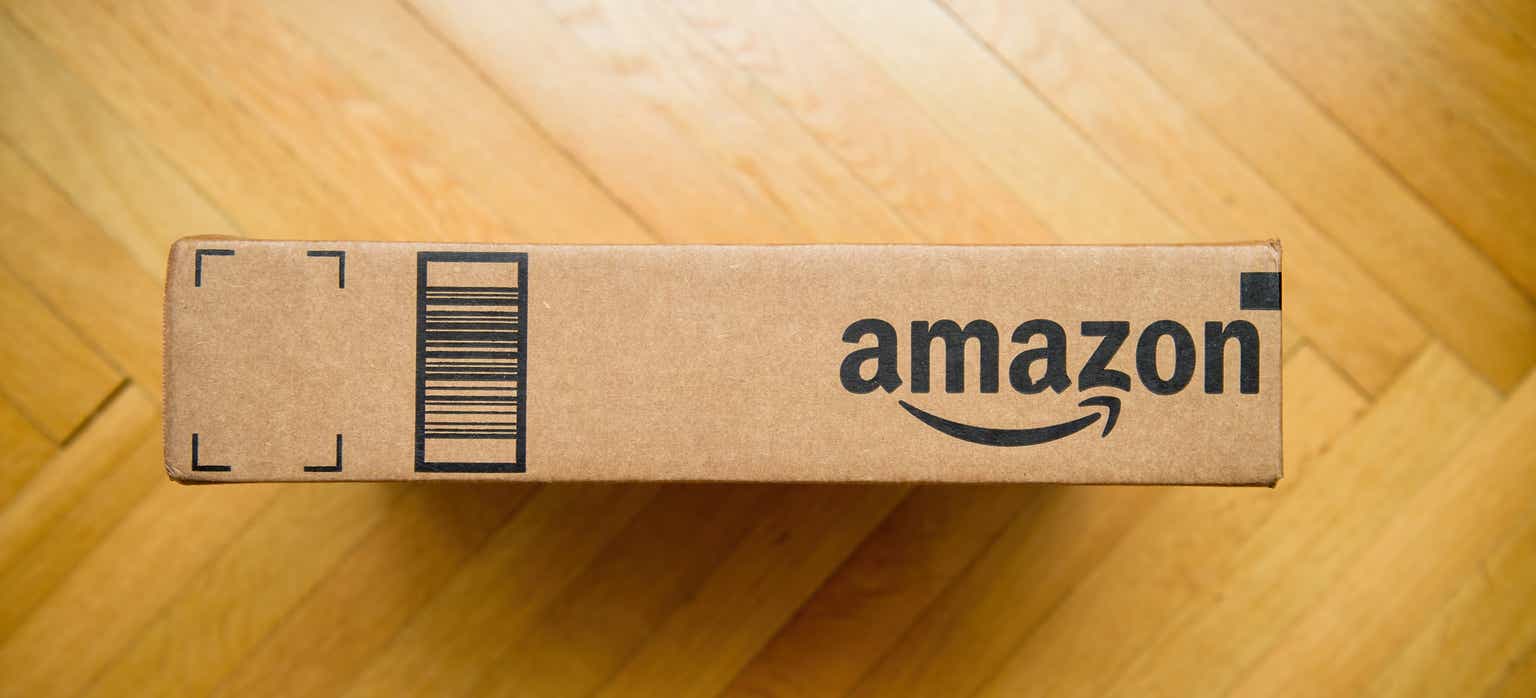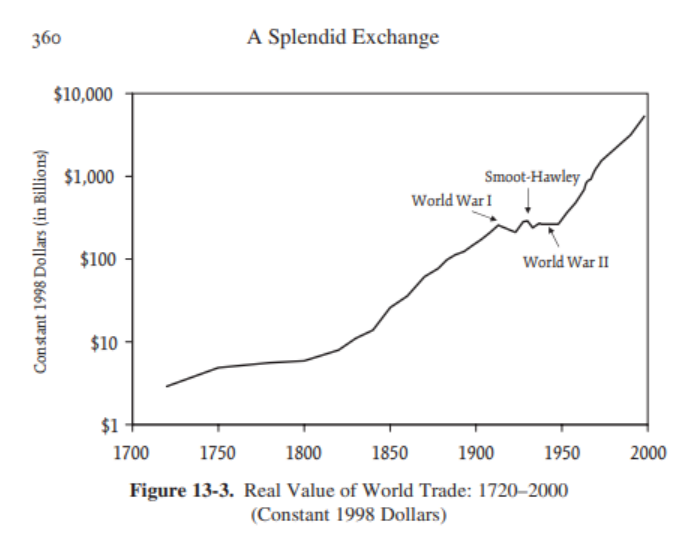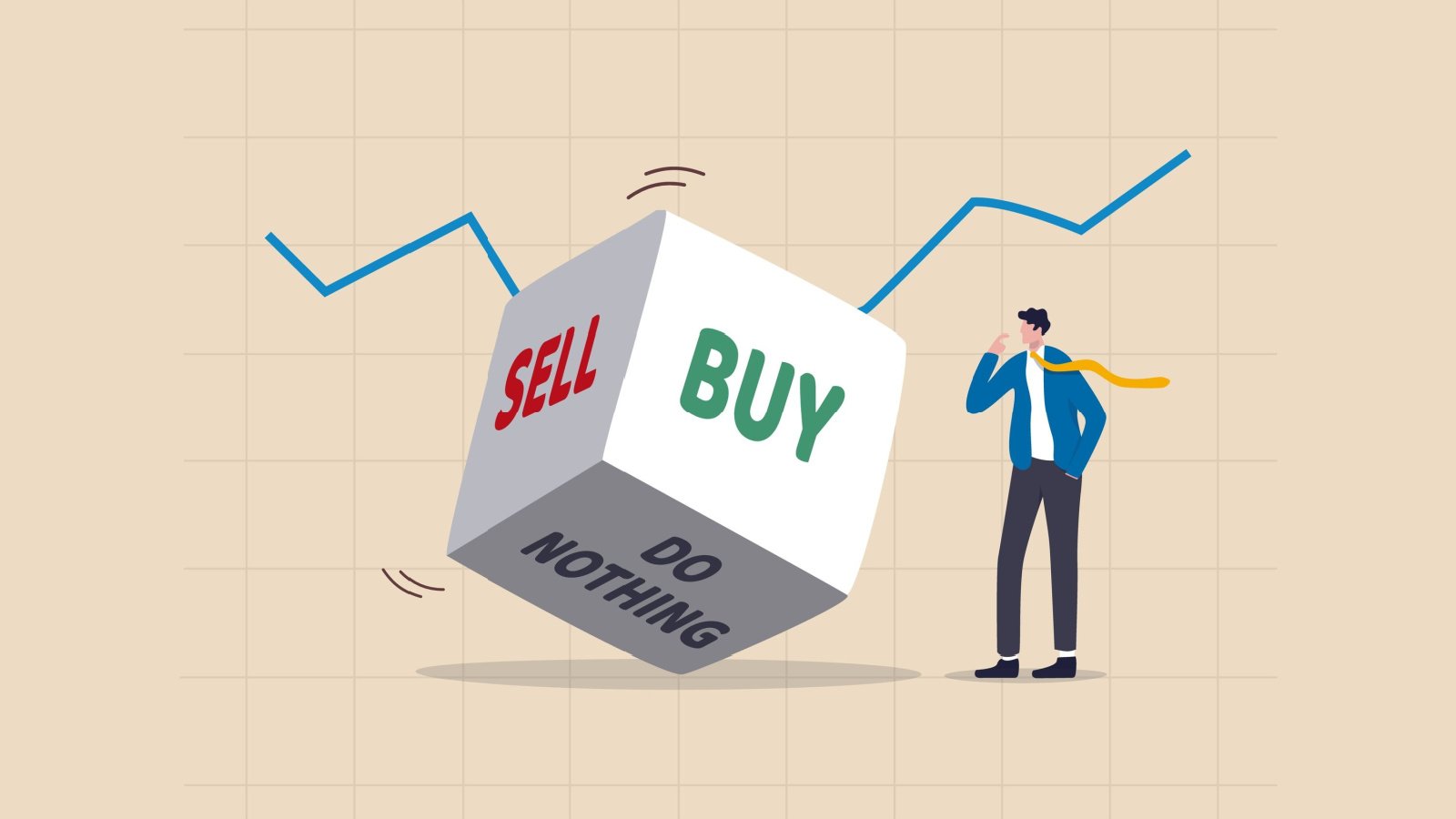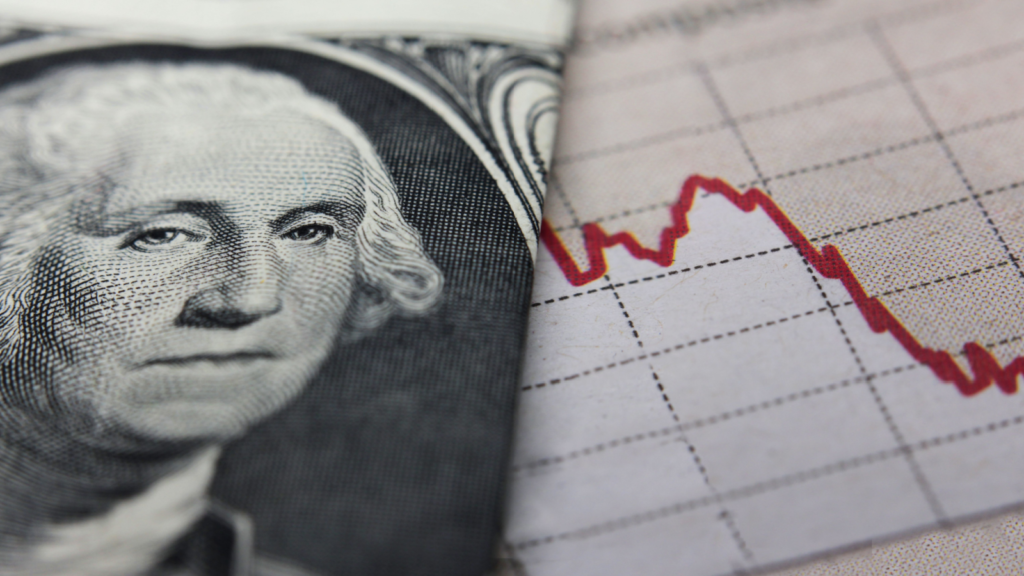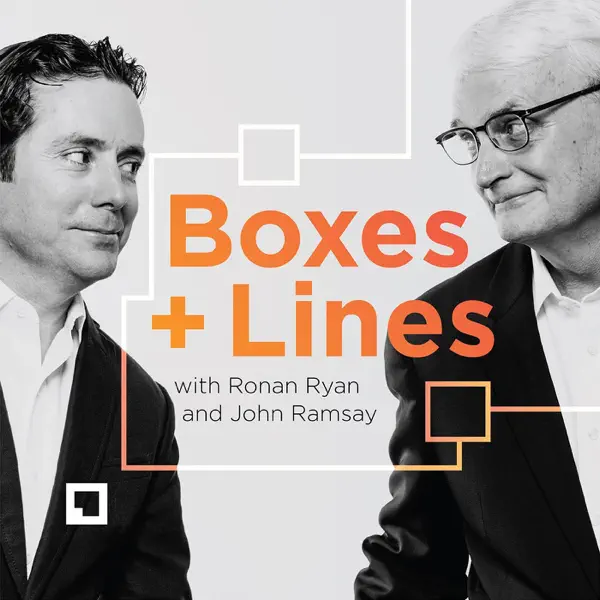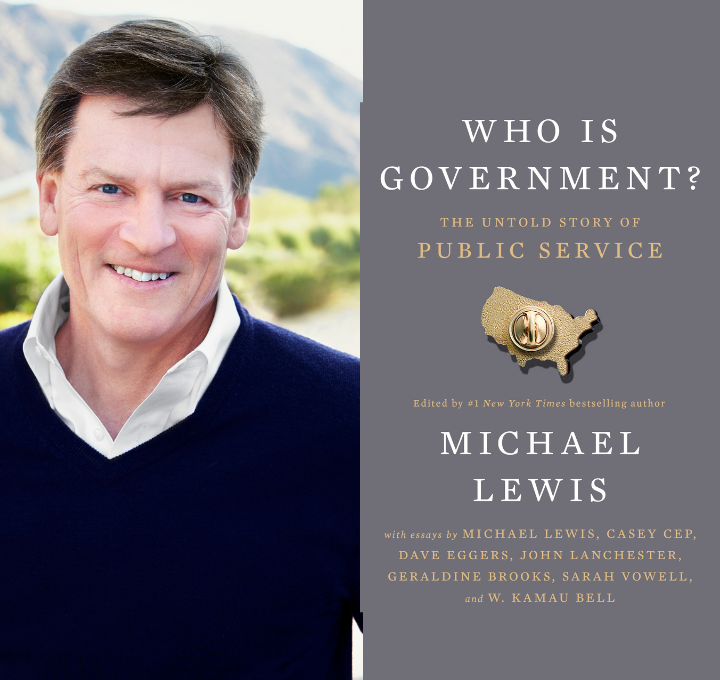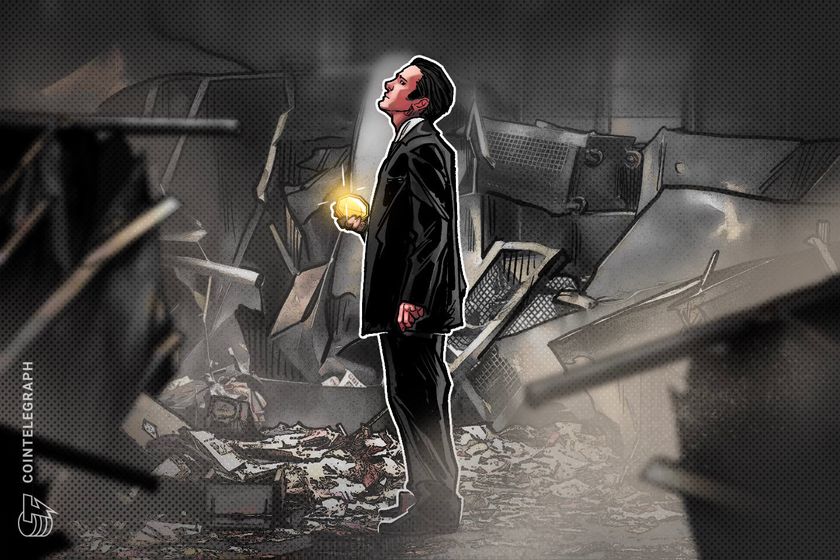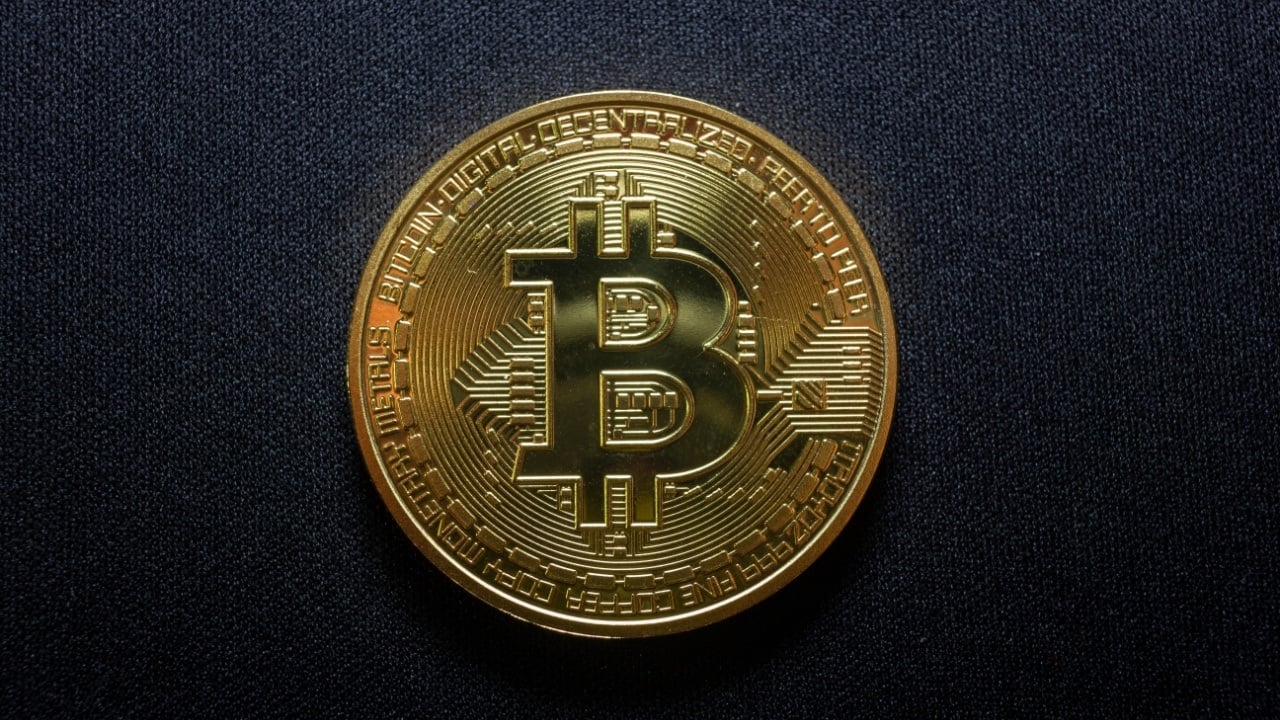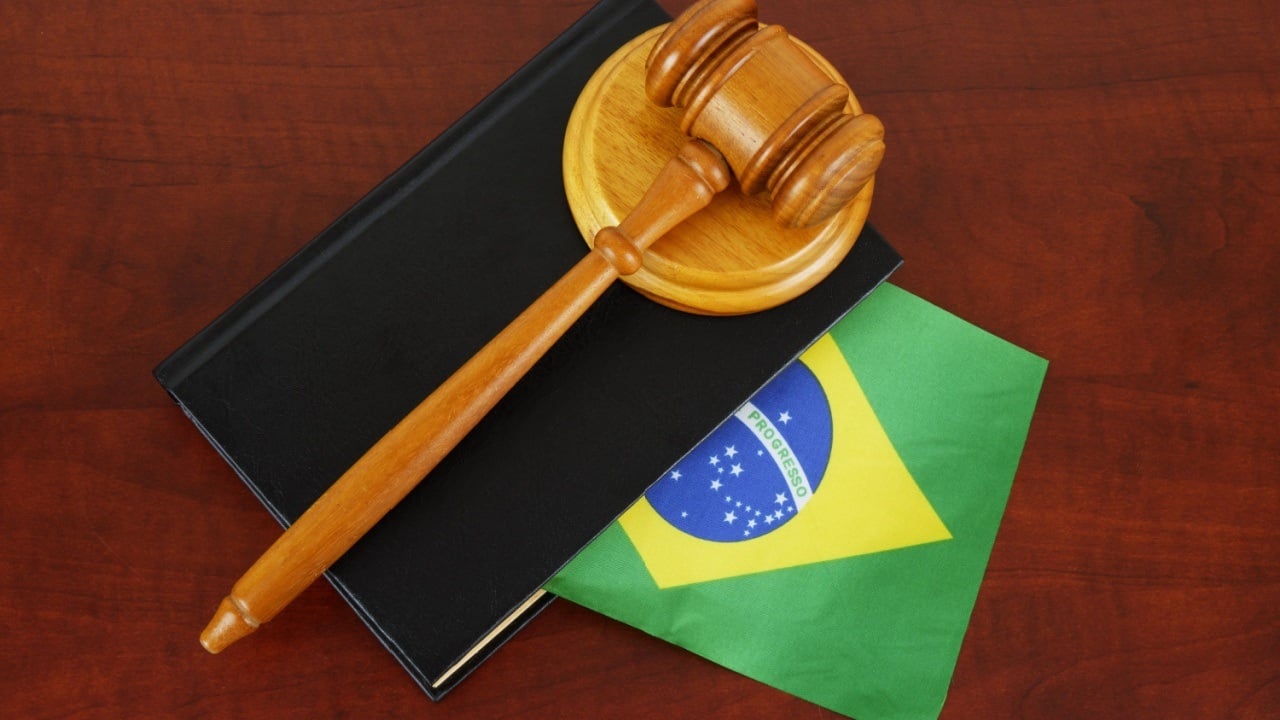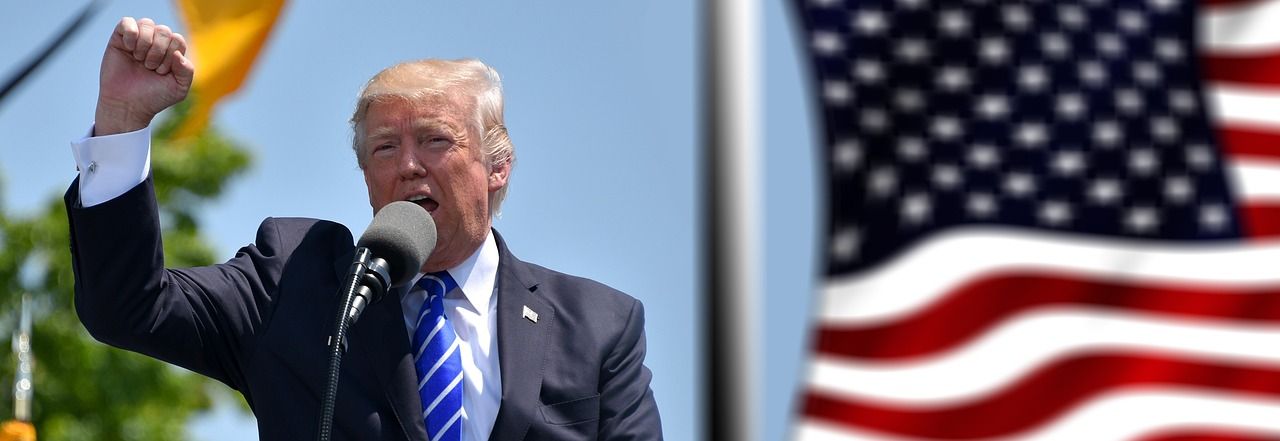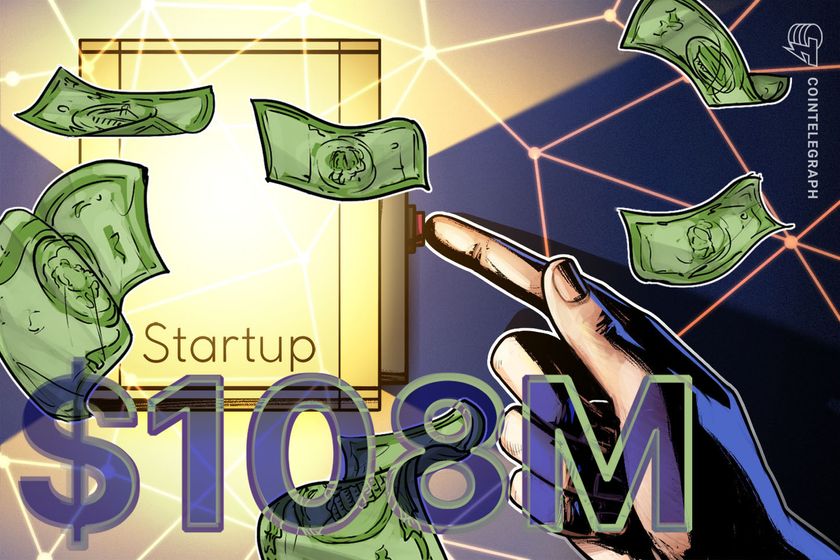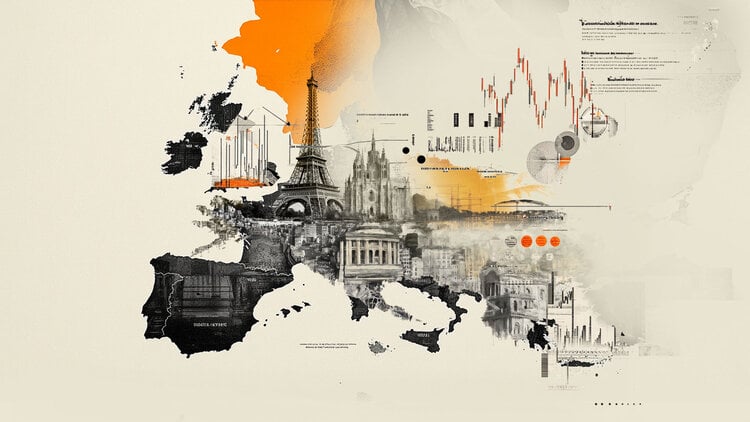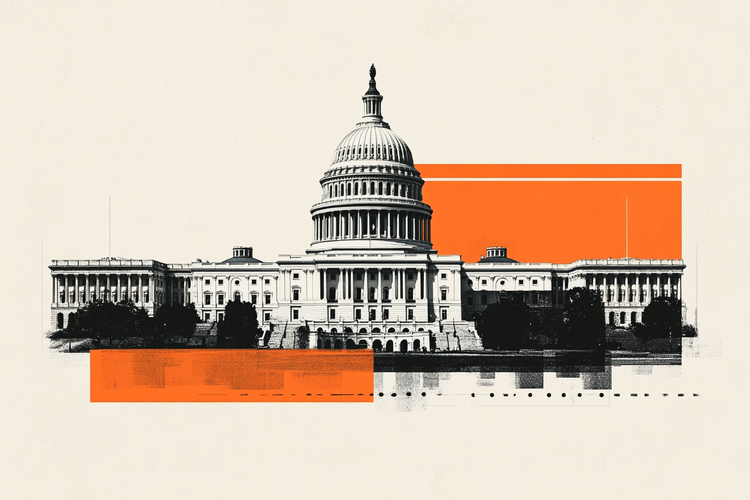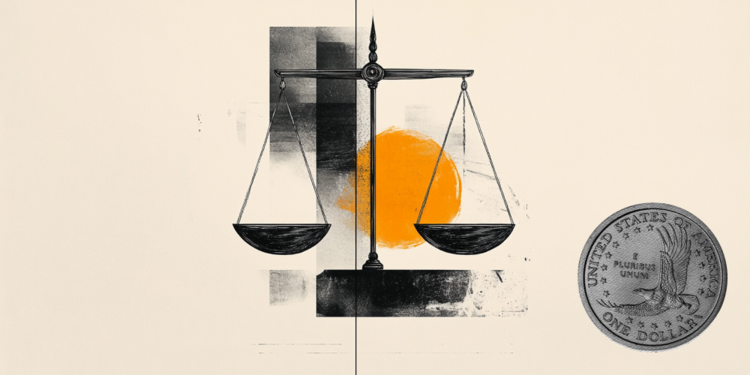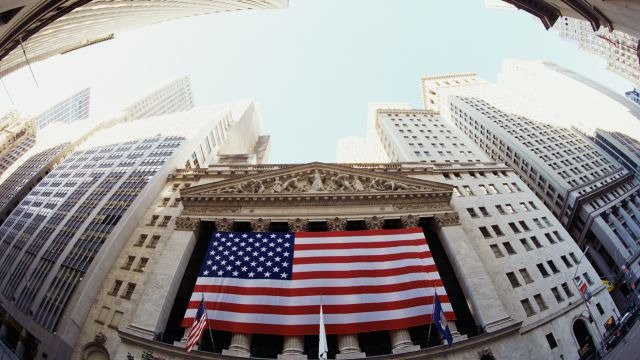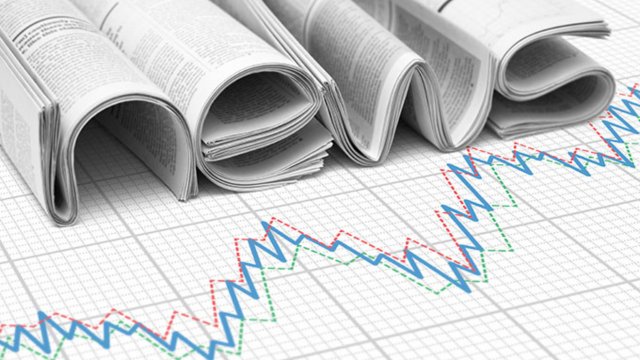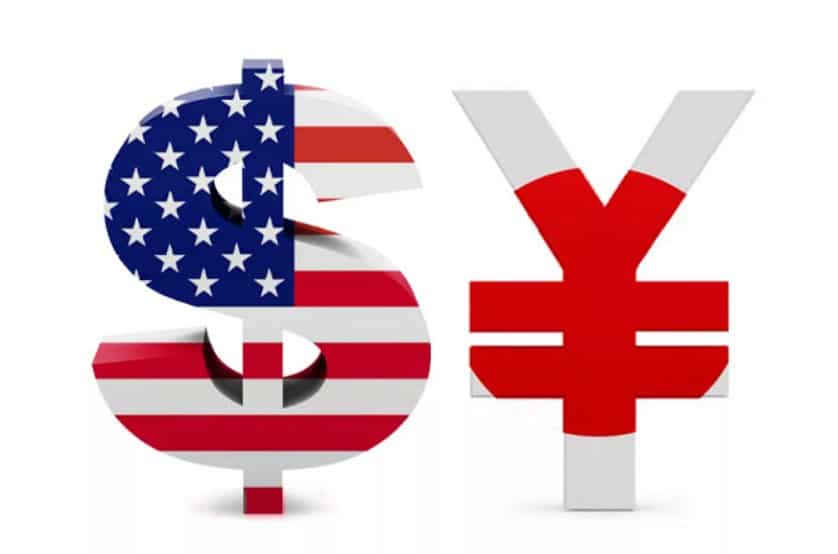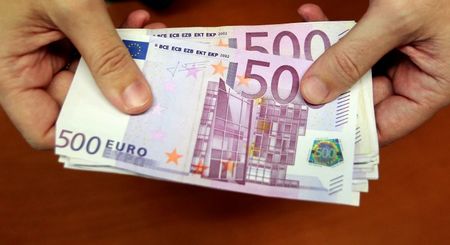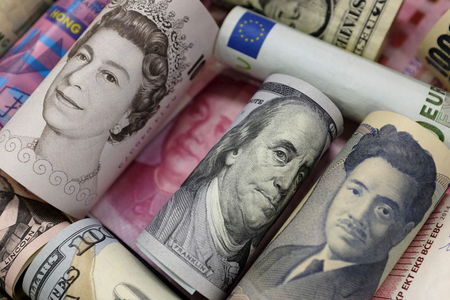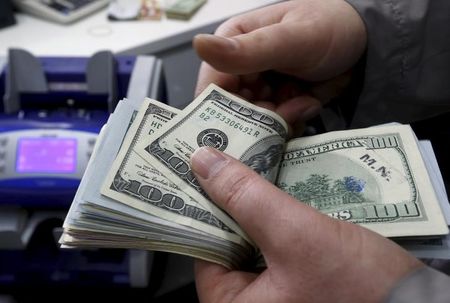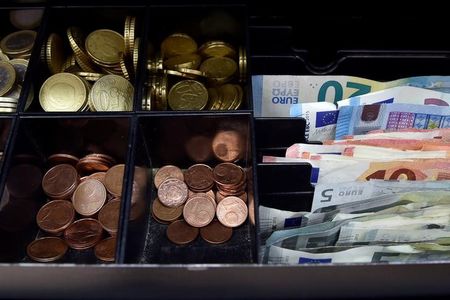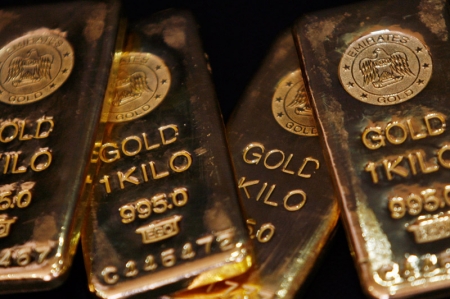Swiss watches will face some of the highest U.S. tariffs at 31%—and its ripple effects will change the industry’s dynamic
"Savvy buyers looking for value—and availability—will quickly pivot to secondhand," one Rolex watch dealer told Fortune.

Steep U.S. tariffs are set to hit Switzerland and its marquee watchmaking industry hard following a 31% levy.
Switzerland, which has famously stayed neutral on most matters, including European integration, faces one of the highest levies on the continent. Its top business lobby has described the levies as “harmful and unjustified.”
From cheese to chocolate and medicines, all of Switzerland’s biggest exports faced shockwaves following President Donald Trump's announcement last week. The U.S. is Switzerland’s largest export market for watches, making their trade relationship crucial to the country.
In 2024, the value of Swiss watch exports to the States rose 5% to CHF 4.3 billion ($5.2 billion).
Demand from the Chinese market has also gradually declined since the COVID-19 pandemic, so watch companies have turned to Americans to fuel their sales.
Richemont, the Swiss company behind IWC and Jaeger-LeCoultre, observed this trend in its sales last year. Plus, due to the history and heritage of these brands, watchmakers cannot simply move their production away from Switzerland because so much of the industry’s expertise is centered there.
The biggest watch companies will likely resort to hiking the prices of their exquisite high-end watches, but brands catering to the mid-level consumer are in more trouble, Pierre-Yves Donzé, a professor of business history at Osaka University and a watch industry specialist, told Fortune.
“Exclusive luxury brands such as Patek Philippe, Audemars Piguet and Richard Mille have little to worry about. They can reduce their (highly profitable) margins somewhat and pass on part of the increase in the selling price,” Donzé said. “On the other hand, it is a blow for mid-range or exclusive luxury brands, for which the selling price is a determining factor. I am thinking in particular of the brands of Swatch Group, a company in great difficulty.”
Swatch owns brands across different price ranges—from Tissot to its eponymous Swatch brand and Omega. It has been reeling from a drop in Chinese demand, with its net sales plummeting 14% last year. When tariffs hit, some of its watches could become much more expensive, putting them out of reach for the average U.S. shopper.
The last time a similar degree of tariffs was imposed was nearly 100 years ago when the Smoot-Hawley Act kicked in. The tariffs are thought to have triggered the Great Depression in the early 1930s. At the time, Switzerland boycotted U.S. products to oppose the measures.
“This led to a significant decline in international trade and adversely affected industries reliant on exports and imports, including the watch sector,” said Paul Altieri, CEO of Bob’s Watches, a secondhand watch marketplace and a certified pre-owned Rolex watch dealer.
He expects the demand for preowned watches—an area that often attracts watch collectors—to spike as a result of the tariffs.
“If the new watch market slows under the weight of tariffs, the pre-owned market may very well become the lifeboat. Savvy buyers looking for value—and availability—will quickly pivot to secondhand, and that could reshape the luxury watch landscape in ways we haven’t seen before,” Altieri said.
In the meantime, while the watch market adjusts to the new volatility, the CEO of another secondhand platform is already starting to see changes in shopping behavior.
"One client agreed to sell me a Rolex GMT-Master II 'Pepsi' for $19,350, then backed out last minute, telling me he wants to wait a few weeks because his watch 'might be worth another 10–20%.' That’s an additional $2,000 to $4,000 dollars in value added overnight … just on speculation," said Robertino Altieri, who runs WatchGuys.com.
Donzé, who recently authored a book on Rolex, isn’t sure the secondhand marketplace will be a big winner as it's always known to sell watches above market rates.
“On the secondary market, watches are either much more expensive than the new one (due to a very high demand, but for a handful of brands and models, like Rolex, AP and Patek) or much cheaper (for most brands, because the demand for second-hand models is very low),” he said in an email.
Whichever way watchmakers respond, Switzerland has a lot on the line. President Karin Keller-Sutter said her government is planning its response following Trump’s announcement of tariffs.
"The country's long-term economic interests are paramount. Adherence to international law and free trade remain core values," she said in a post on X.
This story was originally featured on Fortune.com




